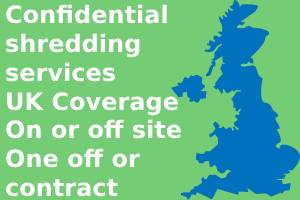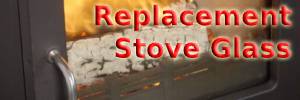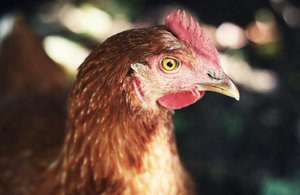Government Legal Department lawyers provide expert advice to help deal with the biggest outbreak of bird flu in Europe.
The end of last year saw the biggest outbreak of bird flu (avian influenza) in Europe, which was eventually spread to the UK’s shores, wetlands and poultry premises in December by migrating wildfowl. Since then, about 250,000 poultry have died or been culled at 10 infected premises across the UK from Lincolnshire to Lancashire.
GLD lawyers played a central role in providing legal advice to Defra to deal with operational issues. This included dealing with issues arising whenever there was an outbreak detected or poultry culled, creating a 3km protection zone and a wider 10km surveillance zone around the premises. In these zones all movement of poultry and poultry products is banned and the area is effectively quarantined and a “lock down” imposed until the risk of disease spreading disappears.
On 6 December 2016, as the threat of bird flu increased, the Secretary of State for Defra, Andrea Leadsom MP, used her power in specific disease control legislation to declare an Avian Influenza Prevention Zone. This was the first time, since its creation in 2006 that this power has been used. The Prevention Zone Declaration required all poultry in England to be kept separate from wild birds by netting or being housed. Scotland and Wales followed suit as did Northern Ireland 2 weeks later. Around 51% of egg laying hens in England are raised entirely indoors in barns or enriched colony cages so the prevention zone did not affect that part of the poultry sector. However England’s higher welfare free-range sector was affected as poultry were not allowed to range free.
When under such restrictions EU law permits eggs and poultry meat from free-range systems to still be sold as ‘free-range’, for a fixed 12-week grace period which expired on the 28 February. During this period GLD lawyers advised on how the period operated, having regard to poultry husbandry practices, and what should be done once the 12-week grace period came to an end as the status of free-range eggs would be immediately affected. Free-range poultry meat would be affected later.
Richard Vidal who led GLD’s Disease Outbreak team said:
This was a very legally challenging situation as it was the first time a Prevention Zone had been introduced.
We’ve been responsible for explaining how the grace period operated and the imminent need, if the initial prevention zone was extended in time, to ensure labelling of any poultry produce was correct when the grace period expired.
To achieve this it was essential that we were involved with Defra industry meetings, calling on the views of the British Egg Industry Council, British Retail Consortium and the National Farmers’ Union.
The prevention zone has recently been adjusted and extended until 30 April. It has been now adjusted to create two different disease risk areas: all poultry in higher risk areas have to be housed or fully netted to prevent wild birds from having access, whilst those in remaining areas (currently around 75% of England) can be allowed to range free but strict biosecurity measures will need to be put in place by the keepers. This includes such things as the disinfection of vehicle wheels and footwear, restricted access to poultry sheds and pens, and records needing to be kept of anyone having contact with their poultry.
This means that until the latest prevention zone is lifted the labelling of ‘free-range’ from those that still house their birds must not mislead consumers.
|
|
||||||
Check Todays Deals on Ebay.co.uk Your Comments:
Custom Search

|
You are in:
UK /
Whitstable / South East
Find any Town in the UK, or Use UK map Local Google MAP for Whitstable Check Todays Deals On Amazon.co.uk Check Todays Deals on Ebay.co.uk 


 Be Seen - Advertise on Qlocal Corporate Sponsors
Southport Piano and Music Academy Washroom Services Maximum Grounds Maintenance Southport Garden Services Ormskirk Garden Services Sanitary Bins Nappy Bins & Waste Disposal Confidential Shredding Services Legionella Risk Testing London Washroom Services Croydon Washroom Services Hounslow Washroom Services Wandsworth Washroom Services Havering Washroom Services Sanitary Bins London Clinical Waste London General Waste London Legionella Testing London Shredding London Tatoo Waste London Preston Bird Control Blackpool Bird Control
UK, Local Online News Community, Forums, Chats, For Sale, Classified, Offers, Vouchers, Events, Motors Sale, Property For Sale Rent, Jobs, Hotels, Taxi, Restaurants, Pubs, Clubs, Pictures, Sports, Charities, Lost Found
whitstable,
whitstable News,
|
|||||





 Reply With Quote
Reply With Quote